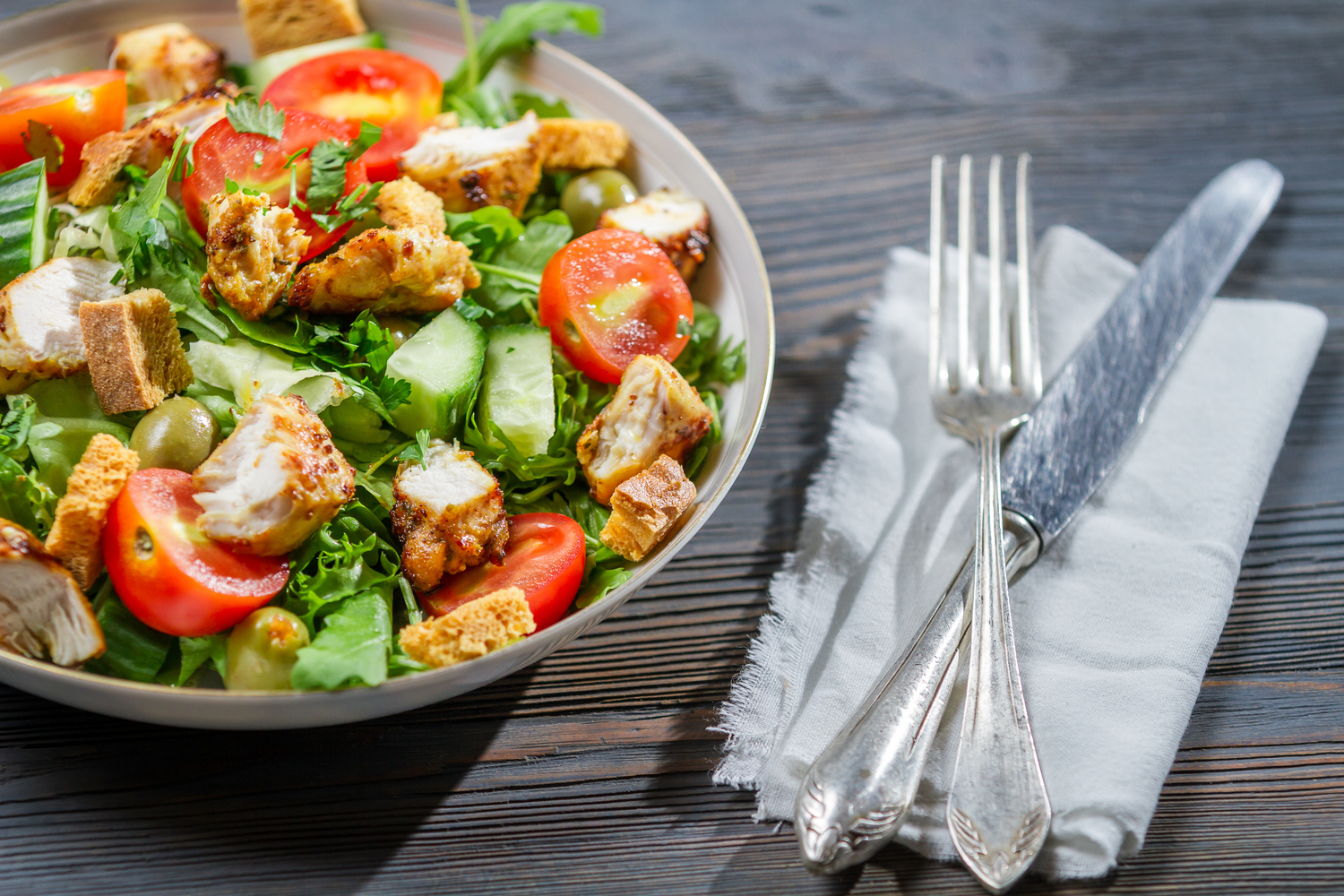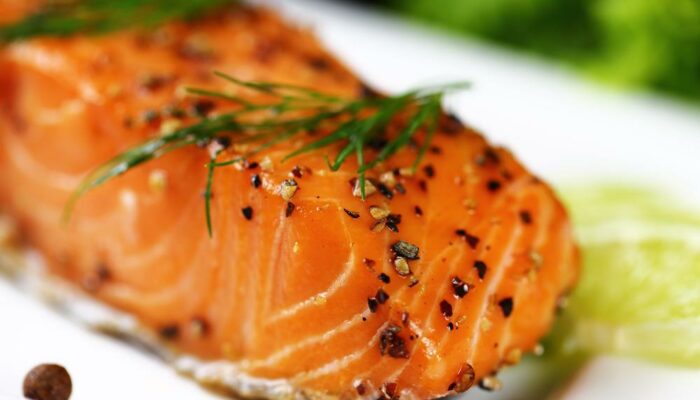
Diet Plan to Manage the Effects of Atopic Dermatitis
Atopic dermatitis, also known as eczema, is a skin condition that causes it to become red and itchy.
Food can play an important role in the natural treatment of atopic dermatitis. A well-planned diet can include foods that reduce symptoms of atopic dermatitis. Other foods that increase symptoms can be avoided. How a proper diet can help you manage and treat atopic dermatitis can include the following foods to eat and foods to avoid:
1. Foods to avoid
For atopic dermatitis, natural treatment food is an aspect to be considered. Certain foods can cause flare-ups. The foods listed below can worsen symptoms in some people. However, it may not have the same effect on everyone. If any of these foods cause increased symptoms, you must strictly avoid them.
- Dairy products
Milk and milk products like yogurt and cheese can cause allergies in some people. Consuming dairy products can increase symptoms. If you face this problem, you need to avoid milk products.
- Citrus
Citrus fruits like oranges, limes, grapefruits, and lemons are high in acidic content. In some people, eating citrus fruits can lead to increased inflammation and itching symptoms. Such people need to avoid citrus fruits.
- Gluten
Certain people are gluten-intolerant. Their bodies cannot tolerate the protein gluten found in wheat and rice. Hence, for such individuals, consuming gluten can worsen eczema symptoms. They should avoid gluten products and prefer a gluten-free diet.
- Eggs
Eggs can cause a flare-up of symptoms in some people and should be avoided.
- Sugar
Excess sugar consumption leads to increased insulin levels, which in turn can increase inflammation. Limiting or avoiding sugar, processed foods, and beverages containing sugar is advisable for those suffering from atopic dermatitis.
- Nickel
Some foods contain nickel that can lead to increased symptoms of atopic dermatitis. Beans, chocolate, lentils, peas, shellfish, and soy have nickel and need to be avoided by those having a nickel allergy.
- Processed foods
Processed foods are high in salt, fat, and can weaken the immune system. It can also cause inflammation and, therefore, should be limited or avoided.
2. Foods to include in this diet
The following foods help reduce inflammation and improve general immunity. Those suffering from atopic dermatitis can include these foods in their diet.
- Fatty Fish
Salmon, tuna, and mackerel are fish that are rich in Omega-3 fatty acids, which is a substance that can fight inflammation.
- Flavonoids
Flavonoids are found in colored vegetables and fruits like bell peppers, apples, broccoli, spinach, cherries, and berries. If suffering from atopic dermatitis, you need to incorporate more of these in your diet. They also help in strengthening the immune system.
- Probiotics
Probiotics contain friendly bacteria that improve digestion and help reduce inflammation. Some probiotic foods include yogurt, sauerkraut, kefir, tempeh, and Gouda cheese. Consuming probiotic food also helps in improving general immunity, allowing the body to fight atopic dermatitis naturally. But, if you are allergic to dairy products, avoid eating yogurt.
- Olive oil
This oil is a healthy fat and can be used in the diet, especially while cooking food. It’s also rich in anti-inflammatory compounds.
Diet as a part of atopic dermatitis natural treatment involves consuming foods mentioned in this article that help in reducing disease symptoms. Foods mentioned in this article that cause a flare-up of symptoms must be avoided.



